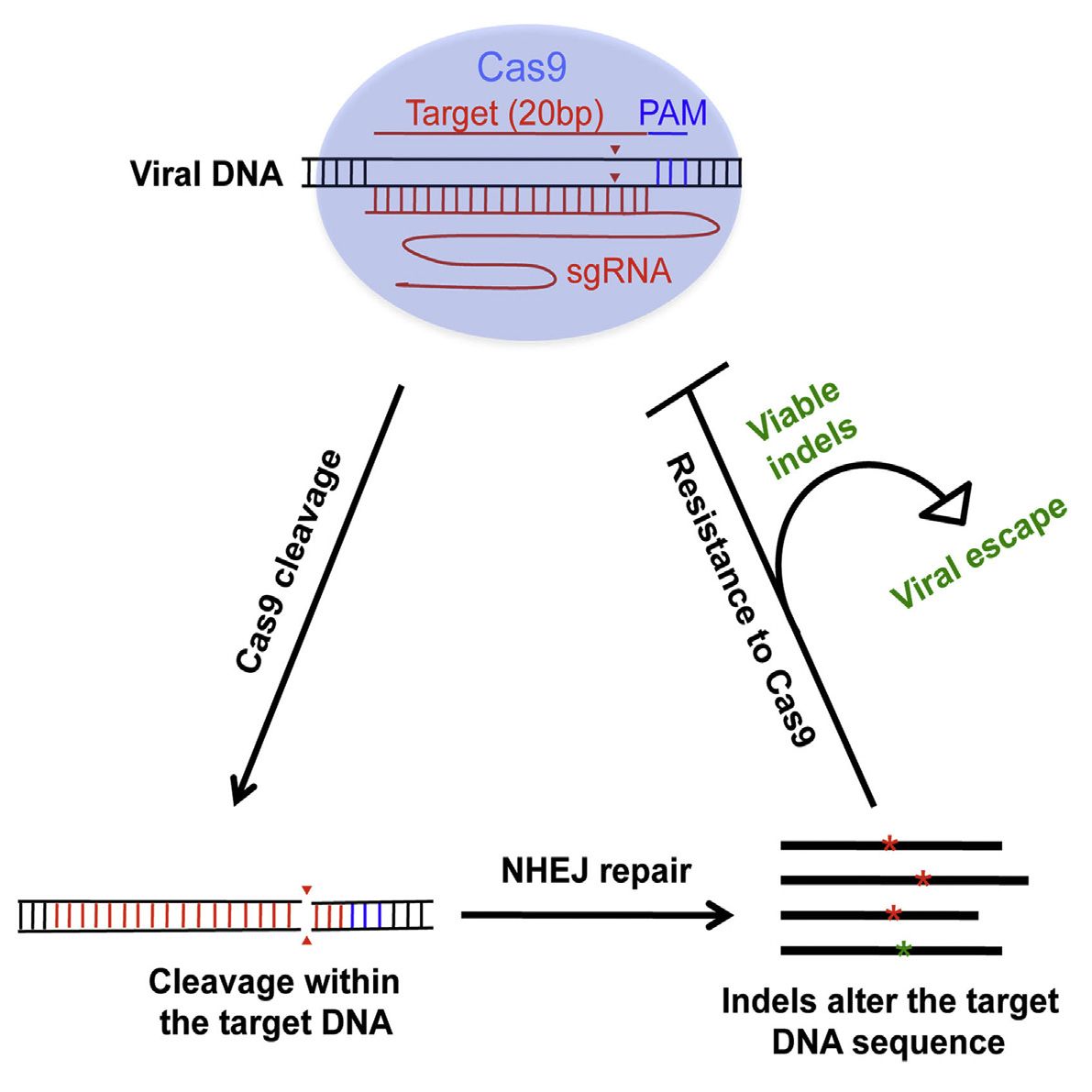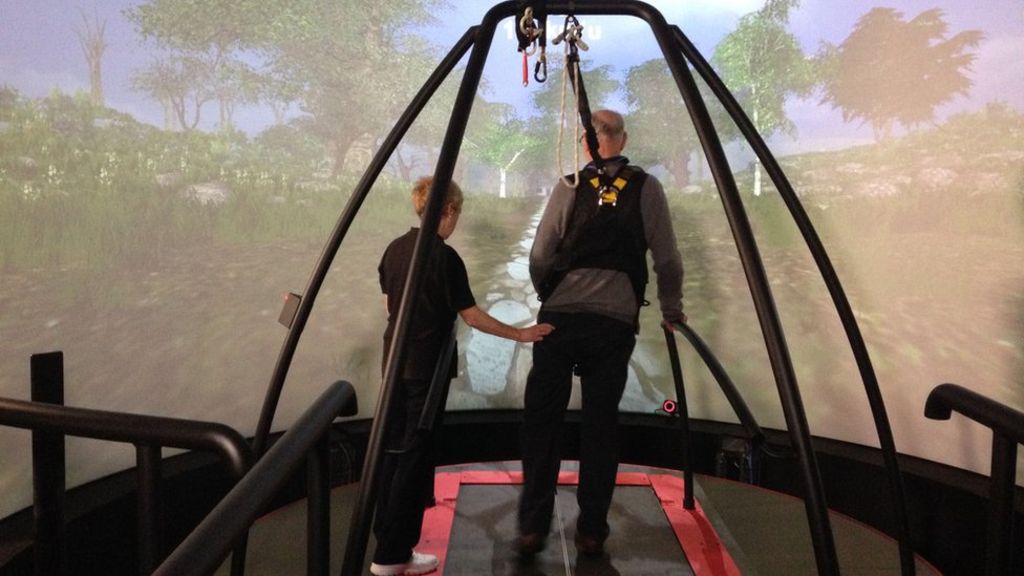Page 11289
Apr 7, 2016
Marine Corps Activates Cyberspace Warfare Group
Posted by Karen Hurst in categories: cybercrime/malcode, military
Nice
 The U.S. Marine Corps has launched a cyberspace warfare group to help man, equip and train the military branch’s cyber mission teams to conduct defensive and offensive operations.
The U.S. Marine Corps has launched a cyberspace warfare group to help man, equip and train the military branch’s cyber mission teams to conduct defensive and offensive operations.
The service branch said March 25 the Marine Corps Cyberspace Warfare Group was officially activated during a ceremony held March 25 at Fort Meade in Maryland.
Continue reading “Marine Corps Activates Cyberspace Warfare Group” »
Apr 7, 2016
HIV can develop resistance to CRISPR/Cas9
Posted by Karen Hurst in categories: biotech/medical, genetics
The CRISPR/Cas9 gene-editing platform may need a little bit more tweaking before it can be used as an effective antiviral, reports a study published April 7 in Cell Reports. Researchers who used CRISPR/Cas9 to mutate HIV-1 within cellular DNA found that while single mutations can inhibit viral replication, some also led to unexpected resistance. The researchers believe targeting multiple viral DNA regions may be necessary for the potential antiviral aspect of CRISPR/Cas9 to be effective.
Upon entry into a cell, HIV’s RNA genome is converted into DNA and becomes entwined with the cellular DNA. From here, CRISPR/Cas9 can be programmed to target a DNA sequence and cleave viral DNA. The problem is that HIV is notoriously good at surviving and thriving with new mutations, so while many viruses are killed by the targeted approach, those that escape the CRISPR/Cas9 treatment become more difficult to target.
“When we sequence the viral RNA of escaped HIV, the surprise is that the majority of the mutations that the virus has are nicely aligned at the site where Cas9 cleaves the DNA, which immediately indicates that these mutations, instead of resulting from the errors of viral reverse transcriptase, are rather introduced by the cellular non-homologous end joining machinery when repairing the broken DNA,” says senior study author Chen Liang, Senior Investigator at the Lady Davis Institute at the Jewish General Hospital and the Associate Professor of Medicine at the McGill University AIDS Centre.
Apr 7, 2016
Quantum effects affect the best superconductor
Posted by Karen Hurst in categories: particle physics, quantum physics, supercomputing, transportation
The theoretical results of a piece of international research published in Nature, whose first author is Ion Errea, a researcher at the UPV/EHU and DIPC, suggest that the quantum nature of hydrogen (in other words, the possibility of it behaving like a particle or a wave) considerably affects the structural properties of hydrogen-rich compounds (potential room-temperature superconducting substances). This is in fact the case of the superconductor hydrogen sulphide: a stinking compound that smells of rotten eggs, which when subjected to pressures a million times higher than atmospheric pressure, behaves like a superconductor at the highest temperature ever identified. This new advance in understanding the physics of high-temperature superconductivity could help to drive forward progress in the search for room-temperature superconductors, which could be used in levitating trains or next-generation supercomputers, for example.
Superconductors are materials that carry electrical current with zero electrical resistance. Conventional or low-temperature ones behave that way only when the substance is cooled down to temperatures close to absolute zero (−273 °C o 0 degrees Kelvin). Last year, however, German researchers identified the high-temperature superconducting properties of hydrogen sulphide which makes it the superconductor at the highest temperature ever discovered: −70 °C or 203 K.
Apr 7, 2016
Exotic quantum effects can govern the chemistry around us
Posted by Karen Hurst in categories: chemistry, particle physics, quantum physics
Nice read that ties Quantum properties such as tunneling to everything around us including our own blood supply in our bodies.
Objects of the quantum world are of a concealed and cold-blooded nature: they usually behave in a quantum manner only when they are significantly cooled and isolated from the environment. Experiments carried out by chemists and physicists from Warsaw have destroyed this simple picture. It turns out that not only does one of the most interesting quantum effects occur at room temperature and higher, but it plays a dominant role in the course of chemical reactions in solutions!
We generally derive our experimental knowledge of quantum phenomena from experiments carried out using sophisticated equipment under exotic conditions: at extremely low temperatures and in a vacuum, isolating quantum objects from the disturbing influence of the environment. Scientists from the Institute of Physical Chemistry of the Polish Academy of Sciences (IPC PAS) in Warsaw, led by Prof. Jacek Waluk and Prof. Czeslaw Radzewicz’s group from the Faculty of Physics, University of Warsaw (FUW), have just shown that one of the most spectacular quantum phenomena — that of tunneling — takes place even at temperatures above the boiling point of water. However, what is particularly surprising is the fact that the observed effect applies to hydrogen nuclei, which tunnel in particles floating in solution. The results of measurements leave no doubt: in the studied system, in conditions typical for our environment, tunneling turns out to be the main factor responsible for the chemical reaction!
Continue reading “Exotic quantum effects can govern the chemistry around us” »
Apr 7, 2016
Virtual reality puts patients on the road to recovery
Posted by Karen Hurst in categories: biotech/medical, virtual reality
Nice
Recovering mobility after a stroke or an accident can take a lot of hard work. Now a team in Manchester is using virtual reality to help patients get moving again.
Marge Brown cannot help the tears welling up in her eyes as she watches her husband stroll on a treadmill through a virtual wood he can see on the giant video screen in front of him.
Continue reading “Virtual reality puts patients on the road to recovery” »
Apr 7, 2016
LIU Adds Cyber Extortion Endorsement to Product Recall Policies
Posted by Karen Hurst in categories: cybercrime/malcode, policy, robotics/AI
Hmmmm;
Liberty International Underwriters (LIU), part of Liberty Mutual Insurance, has launched a cyber extortion endorsement to its Product Recall and Contamination insurance policy for food and beverage companies.
This endorsement offers coverage to food and beverage policyholders for cyber extortion monies and consultant costs up to the policy sub-limit for acts against production and day-to-day operations.
Continue reading “LIU Adds Cyber Extortion Endorsement to Product Recall Policies” »
Apr 7, 2016
Digital Marketing CCO: How Quantum Computing Will Change Work As We Know It
Posted by Karen Hurst in categories: computing, quantum physics, robotics/AI
Imagine robotics and other AI on QC; because it is coming and on a very large scale.
The computer chip has now reached middle age. Like most of us in middle age, it is not as sprightly as it once was, and is set to be superseded by younger forms of computing. Enter the quantum computer. It’s set to transform our lives, the way we work and play.
What exactly is quantum computing?
Continue reading “Digital Marketing CCO: How Quantum Computing Will Change Work As We Know It” »
Apr 7, 2016
Quantum technologies: from mobile phones to supercomputers
Posted by Karen Hurst in categories: encryption, mobile phones, quantum physics, supercomputing
Beautiful future lays ahead in QC.
Quantum physics not only explains how matter behaves at the subatomic level, but is also used to create many devices in our everyday lives, from lasers and transistors to GPS and mobile phones. The next wave of innovation could lead to unbreakable encryption and computers that are up to one million times faster. On 6 April, Parliament’s Science and Technology Options Assessment (STOA) unit organised a workshop to discuss with experts the potential of these new quantum technologies.
Exploiting the quirks of the quantum world
Continue reading “Quantum technologies: from mobile phones to supercomputers” »
Apr 7, 2016
Facebook Live gets a discovery section and instant reactions
Posted by Shailesh Prasad in category: futurism
Facebook Live is looking to tap its billion-plus user advantage and built-in social and group features to gain an edge on rivals like Periscope. As such, it has revealed live streaming within groups and events, real-time reactions, invitations to watch video with friends and a live map showing video in 60 countries. Later today, the social network will launch the service in LA (on Facebook Live, of course) with appearances by Mark Zuckerberg and product chief Chris Cox. If you’ve been using Live, Facebook will give you a heads-up as to when to tune in to the broadcasts.
The biggest and most logical feature is the ability to broadcast live within groups and events. If you’re putting on a concert, race or charitable event, for example, it makes infinite sense to be able to stream key moments to a ready-made captive audience. The feature will let friends and family who are subscribed but can’t make it in person can still experience the fun at a distance. Creators also get five new Instagram-like filters, and Facebook will soon let you doodle directly onto live video.

Continue reading “Facebook Live gets a discovery section and instant reactions” »
















